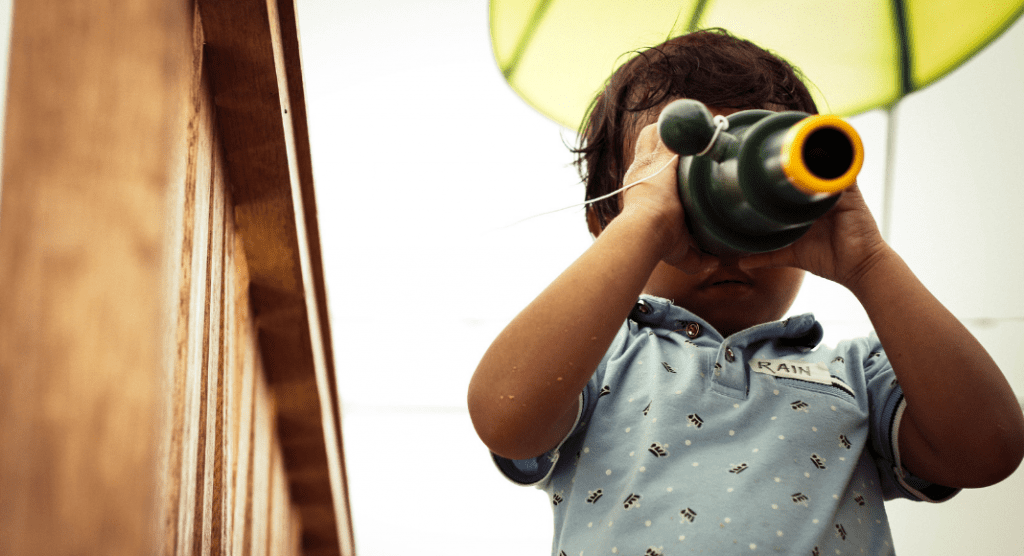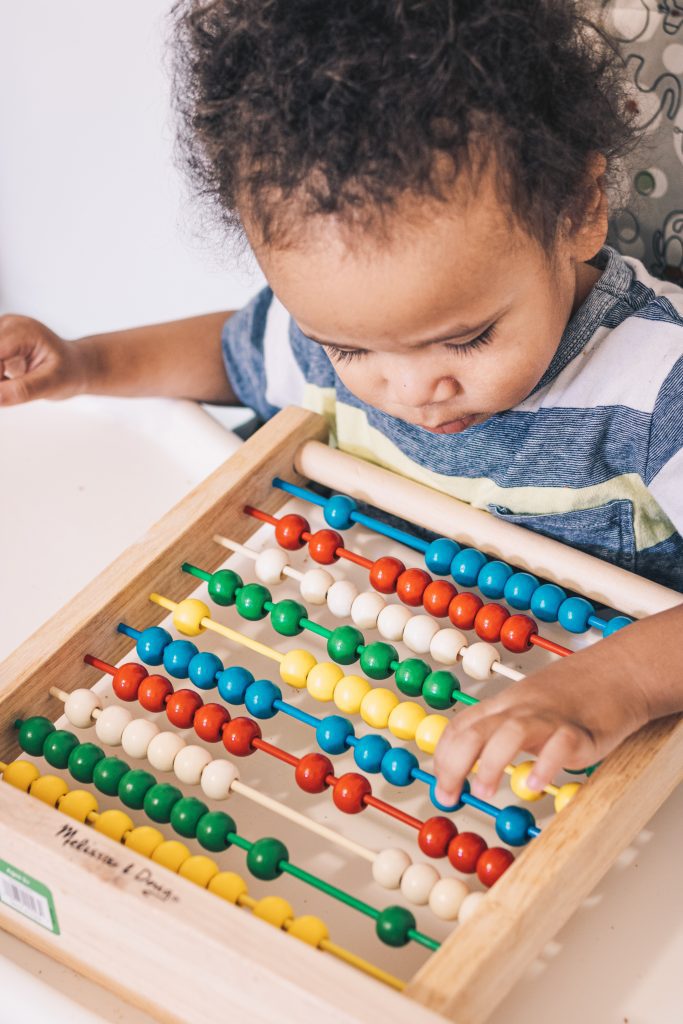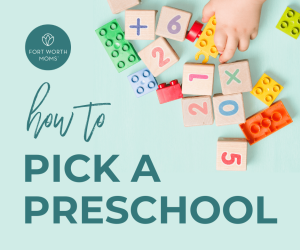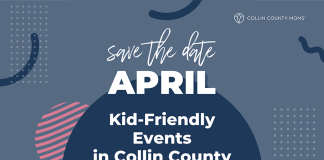Whoever coined the phrase “Terrible Two’s” clearly never dealt with a three-year-old.
 Toddlers…am I right? They are one part sweet, one part curious, one part helpful, one part begging for independence, one part snuggly, one part tornado, with a dash of sass and sour. But sometimes that “dash” feels like a heavy pour.
Toddlers…am I right? They are one part sweet, one part curious, one part helpful, one part begging for independence, one part snuggly, one part tornado, with a dash of sass and sour. But sometimes that “dash” feels like a heavy pour.
As parents, we want to do what’s best for our kids. We want them to grow big and strong. We want them to learn all they can and develop their minds. We want them to have emotional intelligence. But how do we do all that? There’s no “official” playbook when it comes to parenting.
In case you need to read it, parenting is hard. If you’re having frustrating moments with your toddler, I see you. Let’s fist bump in virtual solidarity.
One of the things I realized when it comes to toddlers is that they are just learning about feelings. Like it’s completely brand new to them, as is nearly everything else in their life! They are absorbing new vocabulary daily, they are verbalizing at a rapid pace, and learning to communicate with you to get what they want.
However, sometimes their communication can’t keep up with them and they get stuck. And frustrated. And mad. And a tantrum ensues.
I think the natural reaction as a parent is to want to calm them down in the midst of a tantrum. We want to help our child and when they flip out, we figure that they just need to be “okay”. But over the course of learning more about toddler behavior, I’ve found that’s not the case.
If you’re in the trenches of toddlerhood or are inching your way towards having a toddler, here are five tips for helping them through their big feelings (aka tantrums).
5 Tips for Handling Toddler Tantrums
- Okay the feeling
Toddlers are going to have big feelings and we want them to feel things. Why? As an adult, have you ever had trouble expressing your feelings because it felt scary, awkward, or uncomfortable? I know I have. Often, we were never taught that having big feelings is okay. Sometimes feelings were swept under the rug or we were told that we were “fine” and to “move on.” But in truth, feelings are okay. Feelings are valid. How do you “okay the feeling”? You’ll say, “I see you feel sad. It’s okay to feel sad,” or “I see you feel mad. It’s okay to feel mad.” Acknowledging and validating their feelings can make a huge difference. This also helps them to learn what they are feeling so that later on they can recognize what’s happening. - Stay calm
Easier said than done, right? But when you’re dealing with the chaos of a tantrum, you don’t want to break down into a tantrum either. Toddlers push our buttons and it’s like they know just what to do to drive us to the edge. However, when a toddler is losing their mind, it’s best to stay calm, cool, and confident. Accept and acknowledge their feelings and be there for them when they do gather themselves. - Hold your boundary
Toddlers like and thrive in routine and consistency. They like to see what they can and cannot do. They like to know what to expect next. When we’re inconsistent with what we say or promise to our toddler, that can spur big feelings because what they thought would happen and what did happen doesn’t line up. So, if you say, “You can have five more minutes at the park,” or “You can have a donut after swim class,” you should mean it. If they beg to stay or for more, hold your boundary and follow through with what you told them. - Give them a choice
Toddlers are learning about the world every single day. They’ve got more independence than they did as a baby, but they are not yet a “big kid”. They are in between. And if there’s one thing you’ll likely experience with a toddler, it’s a power struggle. So, give them a choice. A choice that you’re fine with what they choose. For example, “Do you want to wear your light-up shoes or your basketball shoes?” (actual example from my home) or “Do you want to wear your dinosaur pajamas or your shark pajamas?” This gives them a feeling of control and results in fewer power struggles. - Use a timer
I heard this tip from a toddler expert on Instagram and started using it right away. Use a timer. When you have to end a fun activity such as leaving the park and you know your toddler is going to resist, try the timer trick. You can tell your toddler, “I’m going to set a timer for two minutes. When the timer is over, we’re going home. Do you want to press the start button?” And I don’t know what it is about the timer, but it’s like magic (most of the time). I personally use it for screen time, when my son plays on the iPad. I’ll set a timer for 10 minutes and I ask my son what happens when the timer goes off. He’ll say, “All done iPad”. And when the timer goes off, he willingly surrenders the iPad. No more negotiating with a toddler. Try it.
Oddly enough, my favorite resource for toddler advice is Instagram. There’s such a wealth of knowledge and actionable advice from fellow moms, therapists, and early education experts.
Toddler Behavior Help on Instagram
Here are my favorite toddler parenting Instagram accounts:
@biglittlefeelings – Kristin & Deena share daily advice for handling toddler behavior and how to tame tantrums. They have a Toddler Course that covers pretty much all the bases of toddler behaviors that I highly recommend.
@mrchazz – Mr. Chazz is one of my favorite toddler/kid experts. He does a great job of explaining what kids feel, our reactions as parents, and breaking generational cycles. He offers parent coaching and weekly workshops through his online community.
@themompsychologist – Dr. Jazmine is a psychologist who shares positive parenting tips, has IGTVs about teaching anger management, setting limits during playtime, and how to deal with tantrums without losing your cool.
@transformingtoddlerhood – Devon explains toddler behavior and shares positive and respectful parenting tips and techniques.
@drbeckyatgoodinside – Dr. Becky is a psychologist who does an amazing job of explaining feelings, behavior, and how to build empathy in your child. She offers workshops and courses for more in-depth help.
@baby.toddler.teacher – Kayla is a developmental therapist, parent coach, and shares mindful parenting tips through Instagram Reels.
If you’re in the thick of raising a toddler to become a good human, what resources or tips can you share?













